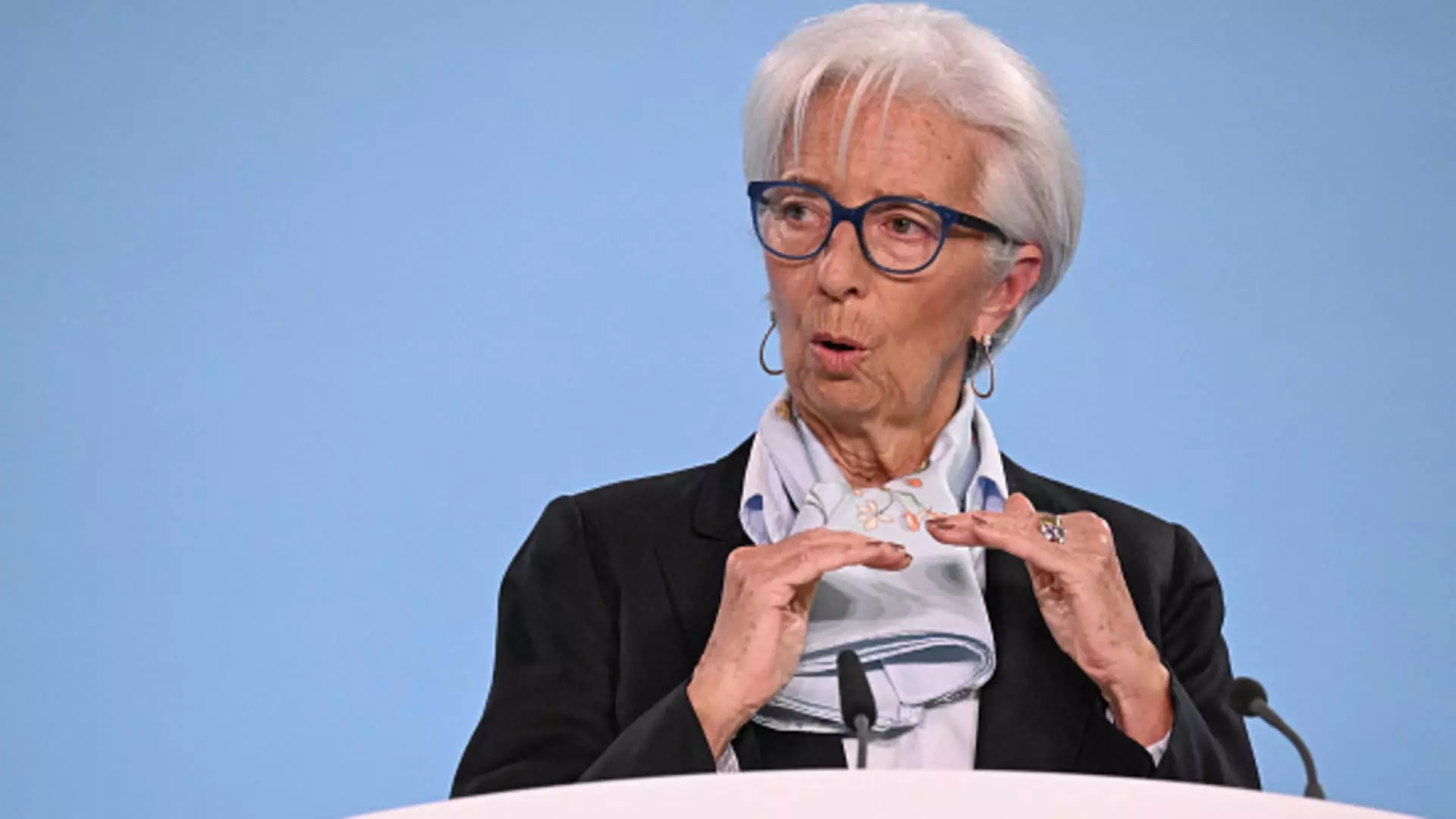The European Central Bank (ECB) is expected to diverge from the Federal Reserve in terms of interest rate cuts, a move that could have particularly negative consequences for the 20-nation euro zone. According to economist Daniel Lacalle, the ECB is likely to cut interest rates in June while the Federal Reserve has decided to hold rates steady for the time being. Lacalle believes that if the ECB proceeds with rate cuts before the Federal Reserve, it could signal to the world that the euro needs to weaken, which could lead to an increase in the import bill for the euro zone. This, in turn, could make it even more challenging for the euro area to grow economically.
Lacalle also points out that a rate cut from the ECB in June is unlikely to significantly boost credit demand in countries like Germany, France, and Spain. He argues that small interest rate cuts are not the primary driver of credit demand, but rather economic and investment opportunities play a more significant role in stimulating credit demand. Lacalle believes that credit demand is hindered by regulatory measures and the misguided energy policy of the euro area, rather than by the level of interest rates.
ECB President Christine Lagarde has indicated that the central bank remains committed to cutting interest rates in the near term, provided that there are no major shocks to the economy. Lagarde emphasized the need to build confidence in the disinflationary process and suggested that if economic conditions evolve as expected, a moderation of the restrictive monetary policy could be necessary. Recent data shows that prices in the euro area remained stable in April, and the economy returned to growth in the first quarter of the year.
Despite the prevailing narrative that high interest rates in Europe are responsible for slow economic growth, Lacalle argues that the economic slowdown in the euro zone is not primarily due to rate hikes. Instead, he attributes the recent economic weakness to the energy policy, regulatory measures, and farming and agricultural policy of the euro zone. Lacalle suggests that addressing these factors could be more effective in stimulating economic growth than relying solely on interest rate cuts.
The divergence in interest rate cuts between the ECB and the Federal Reserve could have significant implications for the euro zone. While the ECB’s decision to cut rates may be well-intentioned, it is crucial to consider the broader economic factors that affect credit demand and overall growth in the region. By addressing underlying issues such as regulatory measures and energy policies, the euro zone may be better positioned to navigate the current economic challenges and foster sustainable growth in the future.


Leave a Reply